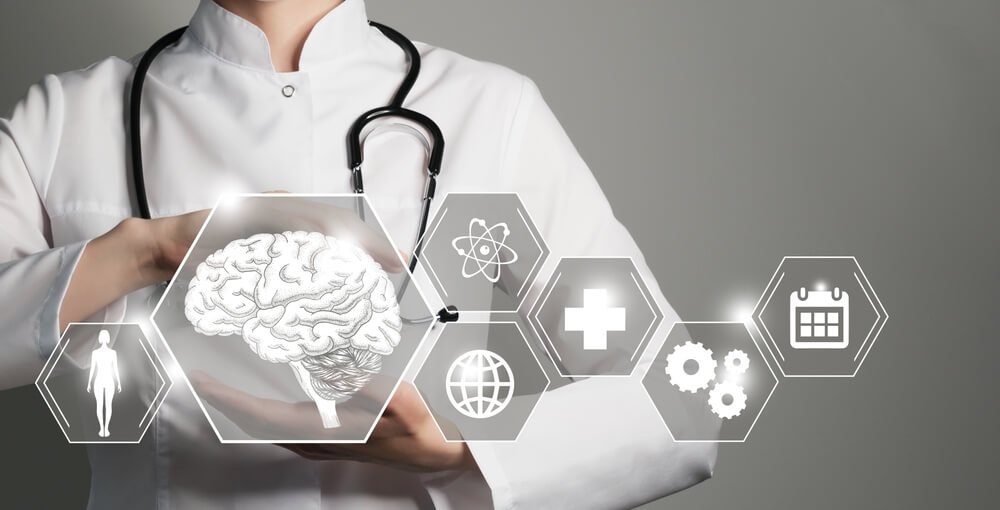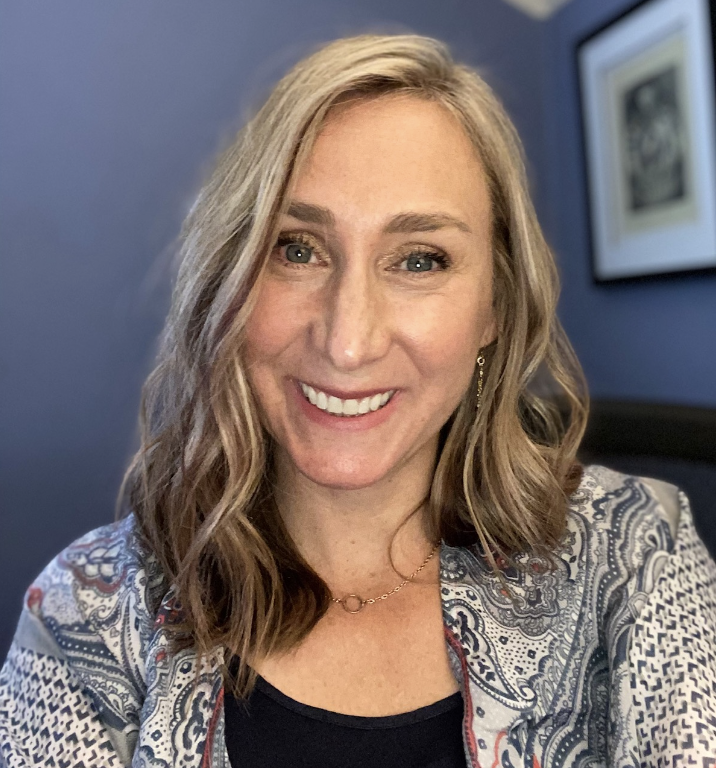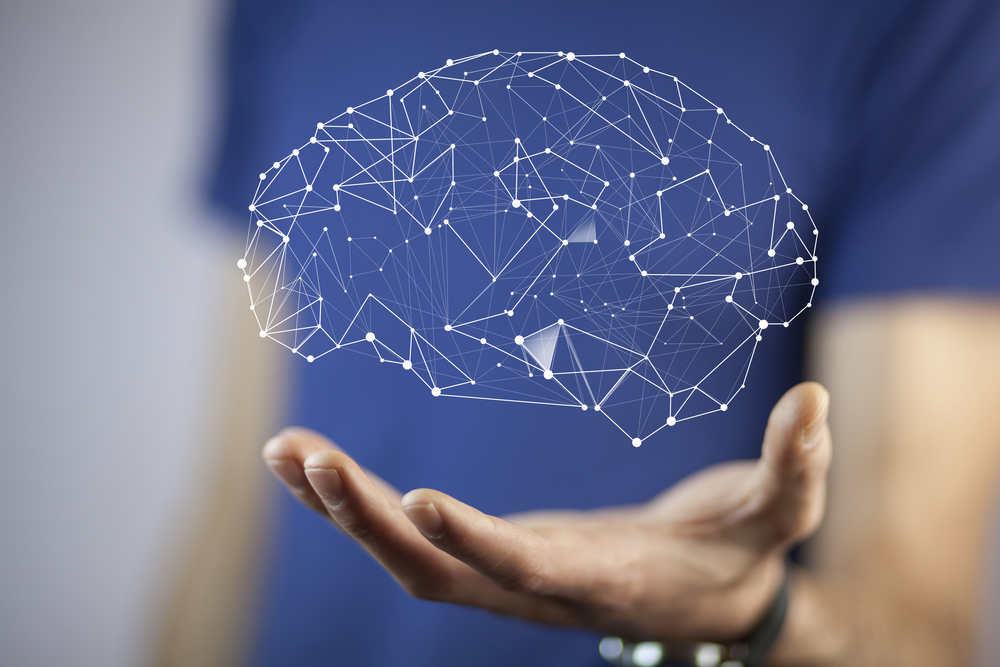Meet Your Instructor: Renee Fitzpatrick
Topics: Healthcare, Meet the IHP Team, Interpersonal Neurobiology
Meet Your Instructor: Lisa Aasheim
Topics: Healthcare, Meet the IHP Team, Interpersonal Neurobiology
Meet Your Instructor: Vanessa Timmons - IPNB
Vanessa Timmons has been a writer, activist, and women’s health advocate for over 25 years. She attended Marylhurst University’s Multidisciplinary Studies Program in Portland, Oregon, and has continued her formal education through certificates and training, including the Interpersonal Neurobiology of Trauma Certification Program at Portland State University. Vanessa has served as the Director of Programs at Raphael House of Portland, a Northwest regional field organizer for the National Organization for Women, and the domestic violence program coordinator for the Multnomah County Domestic Violence Coordination Office, in addition to serving OCADSV in the past as the Women of Color Coordinator and Board Chair.
Topics: Healthcare, Meet the IHP Team, Interpersonal Neurobiology
Framing Childcare through IPNB: What Parents and Caretakers Can Learn from IPNB
The human brain constantly develops throughout our lifetimes, starting while we're still in the womb. It forms one million neural connections every second of every day, and the body then reduces those connections to create the most efficient brain pathways.
Topics: Professional Development, Interpersonal Neurobiology
How Understanding IPNB Helps Working Professionals
Biology impacts the way humans act because it motivates them toward activities and actions that benefit the personal survival and reproduction of the species; therefore, if you understand how the people in your orbit function biologically, you may determine their motivations for their behavior.
Topics: Mental & Behavioral Health, Interpersonal Neurobiology, institute for health professionals
Understanding IPNB: How Does IPNB Differ from Neuroscience?
Interpersonal neurobiology (IPNB) seeks to explain how the nervous system and the brain develop. IPNB seeks to explain how the mind, brain, and relationships act together and how they change throughout life. Also known as relational neurobiology, it developed in the 1990s and has gained credence in the following decades.
This post discusses IPNB and its practical implications in managing daily living. It will cover what lessons you can learn through PCC's course and how this knowledge is beneficial.
Topics: Interpersonal Neurobiology, institute for health professionals
Meet Your Instructor: Emily Somervell - IPNB
Emily Somervell (she/her/hers) is a Licensed Clinical Social Worker with 20 years of experience serving children and adults in mental health counseling, mentoring, crisis response and medical social work services. She graduated from Santa Clara University with a Bachelors of Science in Psychology and then received a Masters in Social Work from Portland State University.
Topics: Healthcare, Meet the IHP Team, Interpersonal Neurobiology
Meet Your Instructor: Bum Sang Kim - IPNB
Bum Sang Kim has dedicated most of his career as an educator, teaching various courses based
on his diverse educational background. He teaches graduate courses in psychology as an adjunct faculty at Pepperdine University while teaching various physics courses as a full-time instructor at Biola University, where he taught as an adjunct faculty for over six years.
Topics: Healthcare, Meet the IHP Team, Interpersonal Neurobiology
Meet Your Instructor: Neera Malhotra
Topics: Healthcare, Meet the IHP Team, Stories & News, Interpersonal Neurobiology
How and Why the Brain Changes with Interpersonal Neurobiology
Topics: Mental & Behavioral Health, Interpersonal Neurobiology, institute for health professionals











